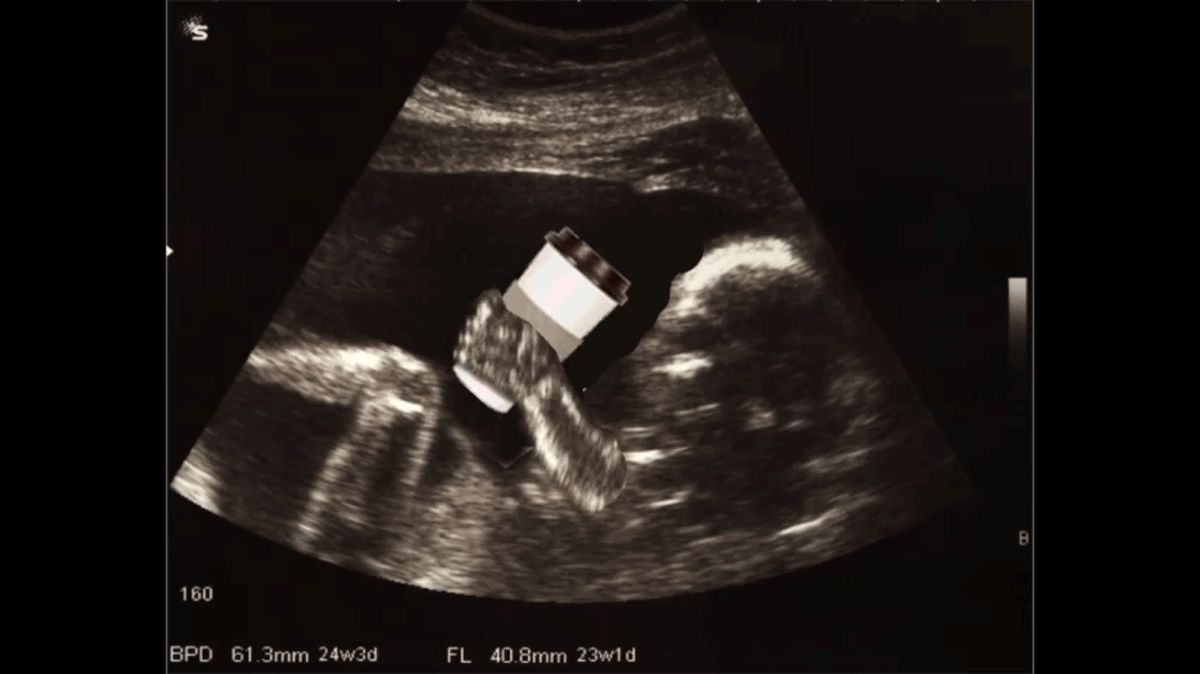
Although it seems irrational, women who drink coffee during pregnancy should avoid it if they consider becoming pregnant. Caffeine is a stimulant that can increase blood pressure, relieve headaches, and increase energy levels. While the danger of caffeine is mainly unknown, it has been linked to adverse outcomes in a few studies. Read on to find out whether coffee is safe during pregnancy and if you should limit your coffee intake.
Caffeine is a stimulant.
Caffeine is a popular stimulant and is found in various beverages, foods, and over-the-counter painkillers. But it is not safe for pregnant women to consume large amounts of caffeine, as caffeine has adverse effects on the unborn child. This is because caffeine acts as a diuretic, which raises blood pressure and increases urination, which may cause low fluid levels. Additionally, caffeine is absorbed through the placenta, meaning that large amounts of caffeine may alter the fetus’s sleep patterns and movements during pregnancy.
Excess caffeine can accumulate in fetal tissue, slowing the fetus’ development and growth. The same studies have also shown that caffeine can inhibit the release of epinephrine, which may lead to low birth weight and miscarriage in the newborn. Although the risk of congenital disabilities is minimal, excessive caffeine consumption during pregnancy can lead to other complications, including miscarriage and low birth weight.
While there is no direct evidence that caffeine is harmful to the developing child, there are a few studies to support the idea that coffee is not safe for pregnant women. Two randomized controlled trials showed a link between caffeine consumption and the risk of preterm birth and preeclampsia. In addition, the March of Dimes and the American College of Obstetricians and Gynecologists both reported that caffeine consumption during pregnancy is associated with higher risks of peer relationship problems and premature birth, and preeclampsia.
It boosts energy
Many women think coffee gives them more energy. But the truth is, it can make you run to the bathroom! Coffee is best avoided during pregnancy until you give birth. One small cup can give you jitters and heartburn. If that happens, you’ll be glad you have some other energy source. Here are a few ways to get a boost of energy during pregnancy. You should also make sure you get enough sleep every night.
Eating small, frequent meals throughout the day is also an excellent way to maintain stamina without the caffeine rush. Taking prenatal vitamins can also help keep you going without a caffeine boost. And you can fill those empty coffee cups with the money you save on donuts or manicures! Coffee during pregnancy isn’t the only beverage you can have – a balanced diet and adequate sleep will keep you feeling full and energized throughout the day.
If you’re worried about your caffeine intake during pregnancy, try to cut back slowly. You can try drinking one or two small cups a day and gradually cut back on the amount of coffee you drink. The same goes for caffeinated drinks. Caffeine can reduce the fetus’ growth rate. Instead of cutting back, you can gradually wean yourself off caffeine by drinking smaller amounts of coffee throughout the day. Alternatively, you can make your latte and substitute half of the regular coffee with half a cup of hot milk.
It relieves headaches
While pregnant women can enjoy a cup of coffee to relieve their daily headaches, they should limit their caffeine intake. It’s not a good idea to stop drinking coffee altogether, but a cup or two of coffee every day is excellent. It would help if you also watched your posture to ensure that you’re not causing a problem. And if you do feel the need to take an extra dose, it’s best to decrease it gradually.
Another alternative to caffeine is acupuncture, which can be done by a trained professional. This treatment involves applying gentle pressure to a specific meridian point. During pregnancy, acupressure is another treatment that can reduce the intensity of headaches. If you’re unable to reduce the power of your headaches, try alternating hot and cold towels on your head. This treatment can also relieve the pain associated with other conditions.
Caffeine consumption is generally safe during pregnancy. However, too much coffee can cause several problems, including pregnancy complications. Some experts warn against taking too much caffeine during pregnancy. So, it’s best to consult with a physician before drinking coffee. Even though coffee may relieve headaches in some pregnant women, it shouldn’t be taken excessively. In addition to coffee, drinking ginger or turmeric capsules can also help reduce your headache.
It increases blood pressure.
 It is essential to limit the amount of caffeine you consume during pregnancy. One cup of coffee contains about 200 milligrams of caffeine. Caffeine is also found in other foods and drinks. It is essential to stick to the recommended daily intake to avoid putting your baby at risk. While coffee is safe to drink during pregnancy, limiting caffeine consumption to under 200 milligrams per day is essential. This chart provides an estimate of caffeine content in various foods and drinks.
It is essential to limit the amount of caffeine you consume during pregnancy. One cup of coffee contains about 200 milligrams of caffeine. Caffeine is also found in other foods and drinks. It is essential to stick to the recommended daily intake to avoid putting your baby at risk. While coffee is safe to drink during pregnancy, limiting caffeine consumption to under 200 milligrams per day is essential. This chart provides an estimate of caffeine content in various foods and drinks.
In addition to raising blood pressure, drinking coffee during pregnancy can cause various other health problems. The caffeine in coffee can make pregnant women nervous, increase heart rate, and increase urination. It can also interfere with iron absorption. In addition to increasing blood pressure, caffeine can cause frequent urination, leading to dehydration. Also, caffeine crosses the placenta and is passed to the baby.
However, a registered dietitian and an ob-gyn recommend women limit their caffeine intake during pregnancy. While coffee has increased blood pressure, it can also improve alertness. Therefore, coffee should be restricted to one or two cups daily. If you must drink coffee, talk to your ob-gyn about the safest amount and how much to limit.
It causes indigestion
If you drink coffee regularly, you’re likely suffering from indigestion during pregnancy. While coffee is generally safe for pregnant women, it isn’t always a good idea. It can cause several side effects, including irritable bowel syndrome, gas, heartburn, and bloating. However, you don’t have to stop drinking coffee altogether. Here are some other ways to help ease your symptoms.
Your hormone levels during pregnancy affect your digestive system so you may experience heartburn. This condition is a side effect of pregnancy and can be avoided with some simple changes to your lifestyle. Changes to your diet and lifestyle can help relieve mild symptoms. Medications can be used if the symptoms don’t become too severe. But you should avoid taking any medications known to cause indigestion during pregnancy.
While there are no known risks to your pregnancy from coffee, reducing your caffeine intake during your pregnancy will help alleviate any symptoms you may be experiencing. An excellent place to start is with a pregnancy-friendly blog. The blog writer, Mom Loves Best, recommends that women refrain from drinking coffee while pregnant. For more information, read her latest blog post on pregnancy-related issues. If you’re pregnant, avoid caffeine-containing beverages, such as sodas and energy drinks.
It interferes with sleep.
A recent study by Professor Jack James of Reykjavik University in Iceland found a link between caffeine and miscarriage in pregnant women. This study, which included 48 original observational studies published in the last two decades, found that caffeine consumption was associated with several adverse pregnancy outcomes. Among the negative effects, coffee and caffeine were associated with preterm birth, low birth weight, and early gestational age. Furthermore, drinking coffee before bedtime was associated with increased chances of miscarriage, premature birth, childhood obesity, and acute leukemia.
As a pregnant woman, you may have been experiencing increased fatigue and difficulty sleeping due to the changing shape of your body. Caffeine may disrupt your sleep, so you should limit your beverage intake to help you relax and rest. Research suggests that women who drink coffee and tea before bedtime have a greater risk of giving birth to babies that weigh less than five pounds eight ounces and have higher chances of jaundice and breathing problems.
Researchers also found that maternal caffeine consumption did not affect infants’ sleep at three months, but this was not surprising since the infants of heavy caffeine consumers are accustomed to the high levels. But, as a precaution, the authors of the study recommended that pregnant women limit caffeine consumption to 300 mg per day. Although it’s a risk, it’s considered safe for infants. Coffee is also available in many forms of tea, so it is essential to avoid too much.
It causes congenital disabilities
Animal studies show that drinking coffee or tea during pregnancy increases the risk of congenital disabilities, including low birth weight offspring and premature labor. Human studies are lacking in this regard, so it’s best to err on the side of caution. But, some studies do show a link between high caffeine consumption and delayed conception. In the United States, coffee consumption disproportionately affects congenital disabilities. For this reason, the risk of caffeine-related congenital disabilities may be higher than previously thought.
In a 2015 meta-analysis, researchers considered the effects of coffee consumption during pregnancy on the incidence of neural tube defects and the likelihood of miscarriage. They also examined the effects of coffee on the risk of congenital disabilities in spina bifida, a subtype of NTD17. This conclusion is somewhat alarming, but it’s not yet definitive. For now, women should limit their coffee intake during pregnancy and drink tea or sodas instead.
Despite the widespread consumption of coffee and other caffeinated beverages, few studies have explored whether caffeine can cause congenital disabilities in humans. However, organizations such as Motherisk, March of Dimes, and OTIS have reviewed the studies and concluded that caffeine-free drinking does not increase the risk of congenital disabilities. However, coffee has been linked to congenital disabilities, but the exact relationship between caffeine consumption and fetal health has not been determined.




